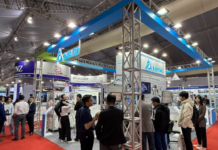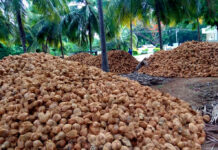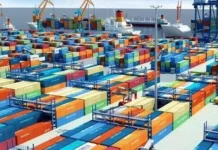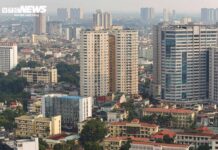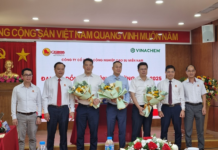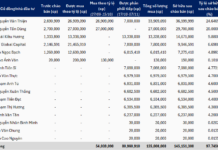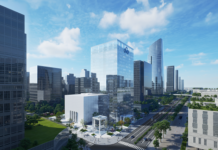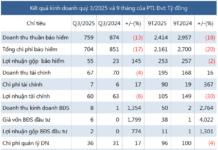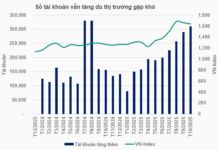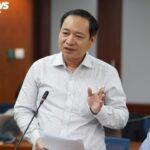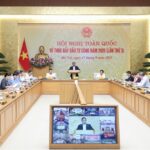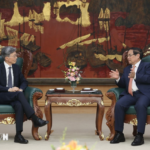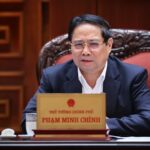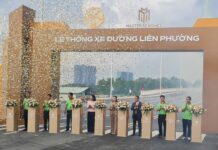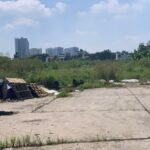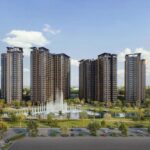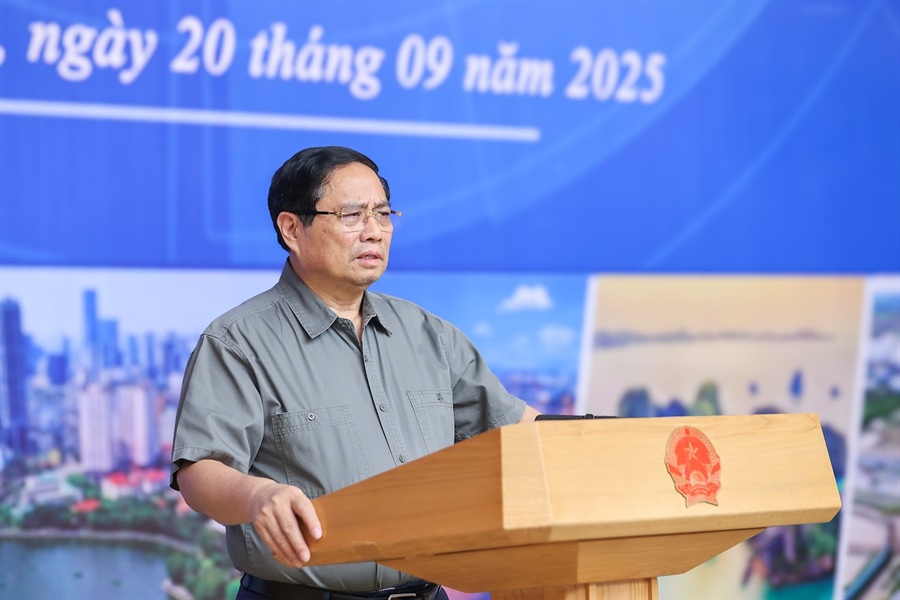
Prime Minister Pham Minh Chinh chairs the 6th Council Meeting – Photo: VGP
|
On the morning of September 20th, at the Government Office, Prime Minister Pham Minh Chinh, Politburo Member and Chairman of the Red River Delta Regional Coordination Council, chaired the 6th Council Meeting. This marked the first meeting following the completion of provincial administrative unit mergers by localities within the region, as per the National Assembly’s resolution, and the implementation of the two-tier local government model effective July 1, 2025.
In his concluding remarks, the Prime Minister highlighted three key lessons from practical experience: ministries, sectors, and localities must proactively implement the Party and State’s policies; stay informed about domestic and international developments to devise timely solutions; and foster regional connectivity across all sectors, particularly in infrastructure.
Given its unique role, position, and potential, the Prime Minister urged the Red River Delta region to spearhead “three pioneering efforts”: First, lead in rapid and sustainable development, enhancing the quality of life for residents. Second, pioneer economic restructuring by increasing the share of industry and services, transitioning to a green, digital, and circular growth model driven by science, technology, and innovation. Third, lead in establishing and operating a two-tier local government focused on development facilitation, public service, and strengthening investor confidence both domestically and internationally.
Eleven Key Tasks
To operationalize these directives, the Prime Minister outlined 11 task groups and solutions:
First, propose amendments to the Council’s operational regulations, streamline councils, and report to the Politburo and National Assembly with innovative thinking.
Second, review institutional bottlenecks in land, minerals, resources, procurement, bidding, investment, regional connectivity, and infrastructure, and compile a report for the upcoming National Assembly session.
Third, develop transportation, telecommunications, energy, cultural, healthcare, and educational infrastructure, balancing individual local development with shared infrastructure utilization.
Fourth, tightly manage resources, especially construction materials for key projects, ensuring they remain public property under state management to prevent hoarding and price gouging.
Fifth, finalize planning at national, regional, sectoral, and local levels, enhance decentralization, and eliminate redundant procedures.
Sixth, increase revenue, cut recurrent spending, boost development investment, and actively engage public-private partnerships and BT, BOT mechanisms for infrastructure development, ensuring timely land clearance by treating it as a separate project.
Seventh, advance science, technology, innovation, and digital transformation in line with Politburo Resolution 57 and related resolutions.
Eighth, decisively address stalled projects, resolving procedural, planning, and bidding issues.
Ninth, tackle environmental challenges, ensure social welfare, develop cultural and entertainment industries, maximize heritage routes, and increase housing supply, particularly social housing, to meet regional demand.
Tenth, strengthen intra-regional and inter-regional linkages, expand international connections, with Quang Ninh immediately implementing the Cross-Border Economic Cooperation Zone to access the Chinese market.
Eleventh, promote smart governance and human resources, leveraging artificial intelligence, and recognizing people and officials as decisive factors.
In conclusion, the Prime Minister emphasized the commitment to making the Red River Delta one of the nation’s two most critical growth engines, alongside the Southeast region, driving rapid and sustainable growth in the coming period.
– 14:28 20/09/2025
Prime Minister: Ensuring 100% Disbursement of Public Investment Capital
On the morning of September 17th, Prime Minister Pham Minh Chinh and Deputy Prime Ministers chaired the 3rd National Conference on Accelerating Public Investment for 2025. The Prime Minister mandated the full disbursement of 100% of the 2025 public investment capital, emphasizing improved investment quality and zero tolerance for corruption, negativity, or waste. Public investment is to be leveraged as a key driver for growth, job creation, sustainable livelihoods, and enhanced living standards for the people.
Prime Minister Requests IMF to Continue Policy Advisory and Risk Warnings for Vietnam
Prime Minister requests the IMF to further strengthen cooperation, technical assistance, and human resource training for Vietnam, while implementing programs to support Vietnam’s adaptation to new international economic conditions.


